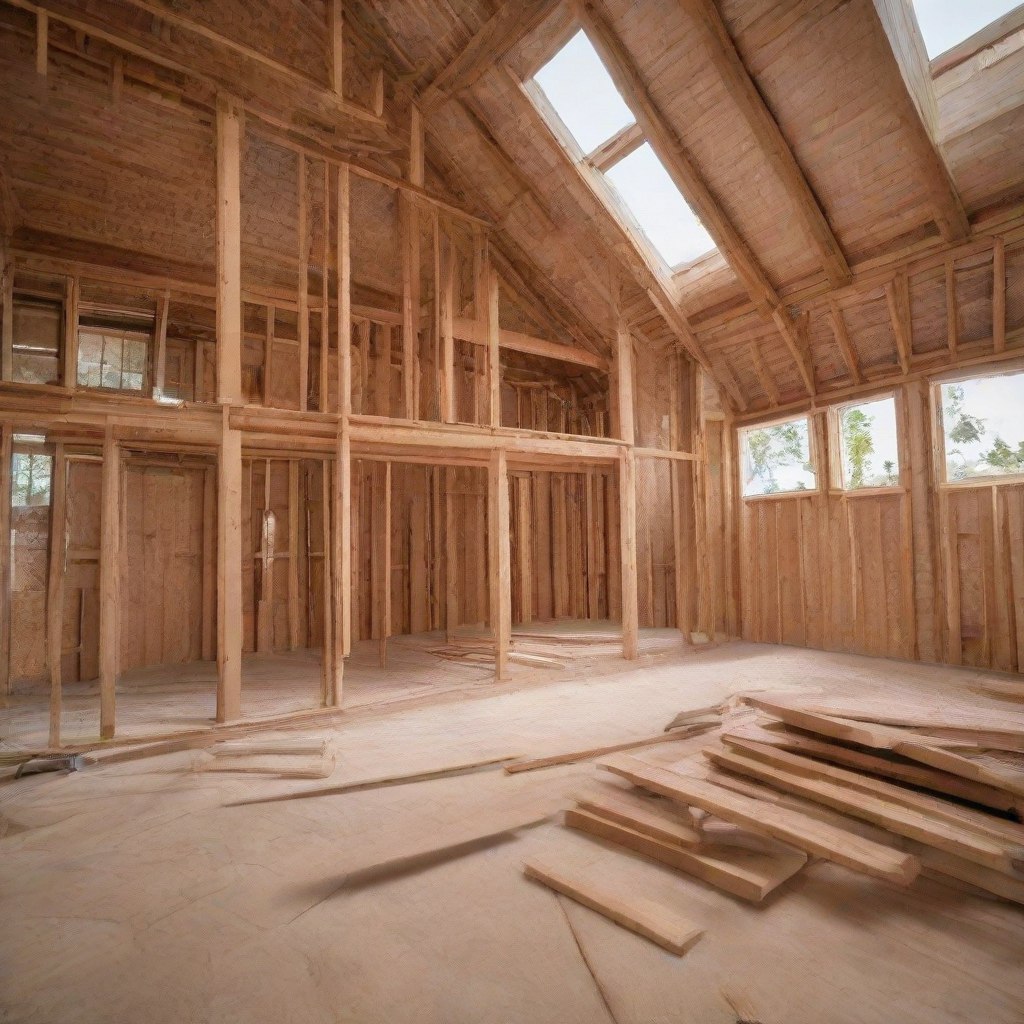Embarking on a construction project, whether it’s building your dream home or renovating an existing space, is an exciting journey. One of the most crucial decisions you’ll make along the way is selecting the right building materials. From the foundation to the roof, every component plays a vital role in the durability, aesthetics, and functionality of your structure. In this comprehensive guide, we’ll walk you through the process of choosing the perfect building materials to bring your vision to life.
Understanding the Importance of Building Materials
Building materials are the building blocks of your project, quite literally. They determine not only the structural integrity of your building but also its overall appearance, energy efficiency, and environmental impact. Whether you’re constructing a residential property, commercial building, or industrial facility, the materials you choose will have a significant impact on the long-term success of your project.
When selecting building materials, it’s essential to consider factors such as:
- Strength and durability
- Cost-effectiveness
- Energy efficiency
- Aesthetics
- Environmental sustainability
- Maintenance requirements
By carefully evaluating these factors and understanding your specific needs and priorities, you can make informed decisions that will result in a successful construction project.
Evaluating Different Types of Building Materials
Building materials come in a wide range of options, each with its own unique properties and advantages. From traditional materials like wood and brick to modern alternatives such as steel and composite materials, there’s no shortage of choices available to builders and homeowners.
1. Wood
Wood has been a popular building material for centuries, prized for its natural beauty, versatility, and ease of construction. From framing and decking to siding and trim, wood can be used in various applications throughout a building. One of the main advantages of wood is its renewable nature, making it an environmentally friendly choice for sustainable construction projects.
| Advantages of Wood |
|---|
| Natural beauty |
| Versatility |
| Renewable resource |
However, wood is susceptible to rot, decay, and insect damage if not properly treated and maintained. It may also be less durable than other materials in certain applications, particularly in areas prone to extreme weather conditions.
2. Brick
Brick is another timeless building material known for its durability, fire resistance, and classic aesthetic appeal. Whether used for exterior walls, chimneys, or accent features, brick adds character and charm to any structure. Additionally, brick offers excellent thermal mass properties, helping to regulate indoor temperatures and reduce energy costs.
- Durable and fire-resistant
- Classic aesthetic appeal
- Excellent thermal mass properties
However, brick can be more expensive and labor-intensive to install compared to other materials. It also requires regular maintenance, including repointing mortar joints and cleaning to prevent staining and deterioration.
3. Concrete
Concrete is a versatile and durable building material used in a wide range of applications, from foundations and driveways to countertops and decorative elements. It offers exceptional strength and longevity, making it ideal for high-traffic areas and structures requiring robust support.
- Versatile and durable
- Low maintenance
- Longevity
One of the main advantages of concrete is its low maintenance requirements – unlike wood or brick, concrete does not require regular painting or sealing to maintain its appearance and performance. However, concrete can be susceptible to cracking and staining if not properly installed and maintained.
Choosing the Right Building Materials for Your Project
When it comes to selecting building materials for your project, there’s no one-size-fits-all solution. The best choice will depend on factors such as your budget, design preferences, location, and project requirements. Consulting with a qualified architect, engineer, or contractor can help you navigate the decision-making process and ensure you choose the materials that best meet your needs.
Remember, the building materials you choose will not only impact the construction process but also the long-term performance and sustainability of your structure. By taking the time to research and evaluate your options, you can make informed decisions that will result in a successful and enduring project.


